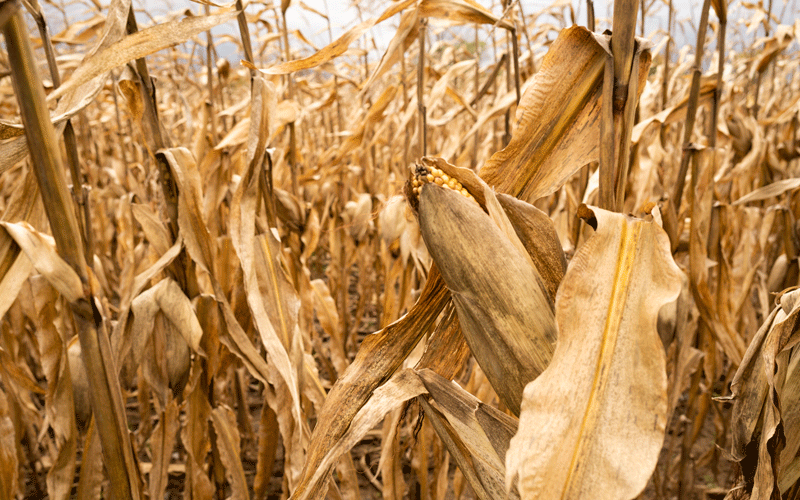Farmers build hope on KFA revival as board shown door
By Lewis Njoka, October 1, 2019Farmers wait with batted breathe to see whether the restructuring of Kenya Farmers Association (KFA) will turnaround the fortunes of a body that once provided a lifeline to them.
Trade Cabinet secretary Peter Munya yesterday directed the Commissioner for Cooperatives to dissolve KFA board of directors and appoint a caretaker body.
He said the outgoing board was illegitimate as KFA had not held elections for several years and outlined various reasons the dissolution was necessary.
For instance, the board had failed to convene general meetings, present audited accounts to members and file annual returns.
Munya also cited borrowing in contravention of the rules, disposing assets without members’ approval and incurring expenditure without approval as reasons for the board’s dissolution.
Caretaker board
“Arising from above and taking cognisance of the presidential directive, I direct the Commissioner for Cooperative Development to invoke the relevant sections of the Cooperative Societies Act and rules and dissolve the immediate former board of KFA and appoint a caretaker board consisting of nine persons,” said Munya.
The nine-member board will be in office for a period not exceeding six months and is expected to verify KFA assets and liabilities, clean up the member register, amend the association’s bylaws and develop its revival strategy.
It is also charged with updating KFA books of accounts, reforming KFA structure and operations and generally supporting the government in restructuring the organisation.
The caretaker board will hold its inaugural meeting within the course of the week to elect a chairman and will be reporting to the Commissioner for Cooperatives and the Trade CS.
KFA chief executive Simon Chelugui, will be the secretary to the Board.
According to Munya, the highly indebted association, despite failing to attain its intended objective, was still relevant to the country, hence, the decision to revive it.
Political meddling and mismanagement saw the collapse of KFA and with it the livelihoods of millions of ordinary Kenyans.
During the recently-held Ushirika Day celebrations, President Uhuru Kenyatta directed Munya to commence the restructuring of KFA, a process that could see its ownership reverted to farmers.
The directive followed a petition to the President by the Cooperative Alliance of Kenya, the apex body for the cooperative movement, requesting Uhuru to hand the organisations back to farmers.
Farm inputs
In its hey day, KFA gave growers farm inputs such as seeds, fertilisers, chemicals and farm machinery on credit.
Back then, it made sales of up to Sh2.5 billion and posted profits of up to Sh100 million and had a well developed, effective network for distributing farm inputs.
In the early 1980s, KFA bought inputs cheaply and offered them to Kenyan farmers on credit enabling them to till the land and plant on time.
Trouble began in 1983 when the chairman, Reuben Chesire, was removed under controversial circumstances.
The government then started meddling in its affairs folding and replacing it with Kenya Grain Growers Cooperative Union (KGGCU) in June 1984 despite protests from KFA members.
Between 1984 and 1996, the association, run by State appointees, was riddled with graft characterised by stripping of assets.
KGGCU failed to deliver and was reverted to KFA in 1996. The mismanagement that ensued in the 1990s left the once successful association ridden with debts embroiling it in court cases.
In 2009, the court allowed National Bank of Kenya to dispose 84 assets owned by KFA to settle a Sh450 million debt owed since 1995 after the association had stopped servicing the loan in 1996.
Would have rescued it
Government’s attempts to restructure the more than 80,000-member association at the time failed, as it had changed from a cooperative society to a limited liability company.
“If KFA was in the category of a cooperative society, we would have already rescued it, but there is little we can do as a government because it is private property,” said William Ruto, the Agriculture minister at the time.
